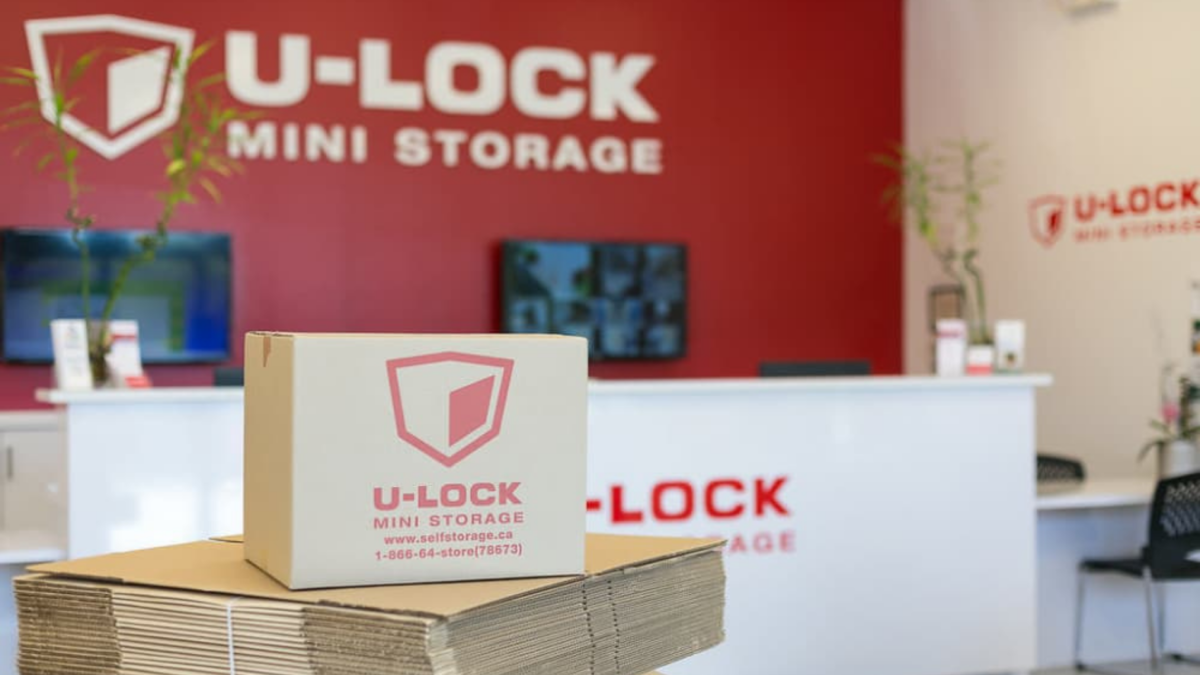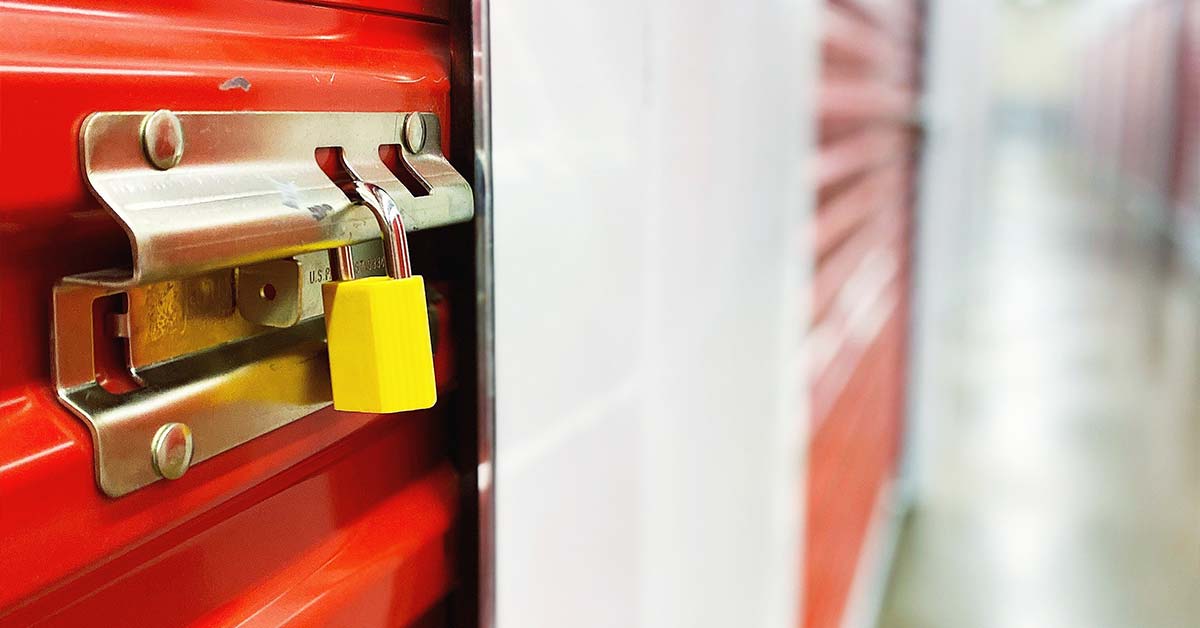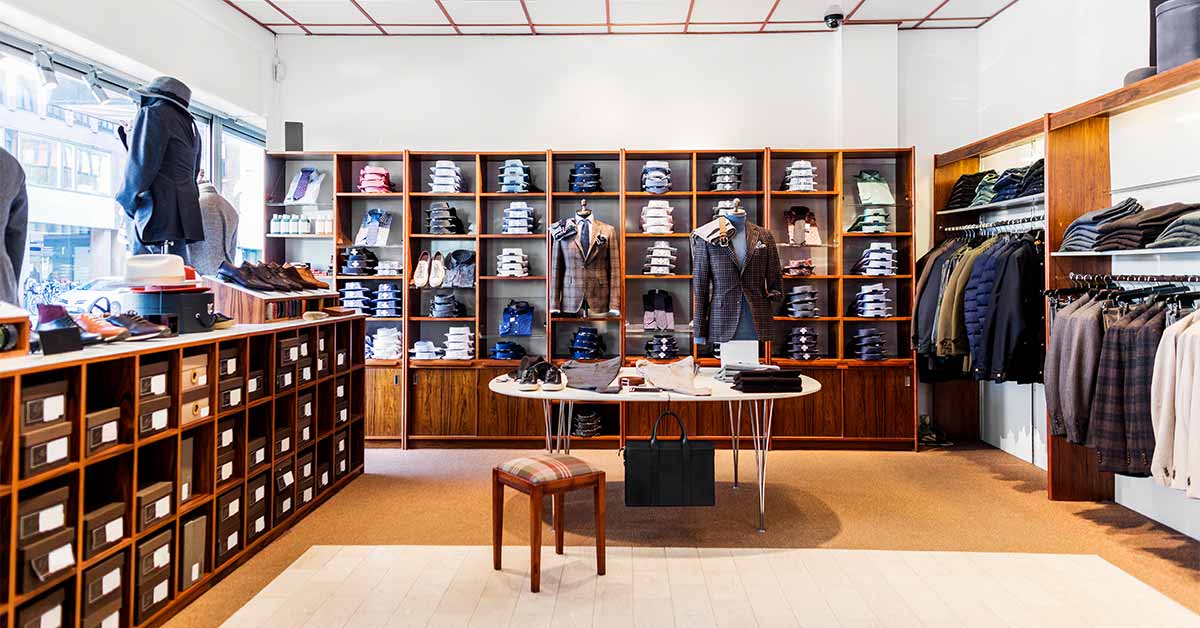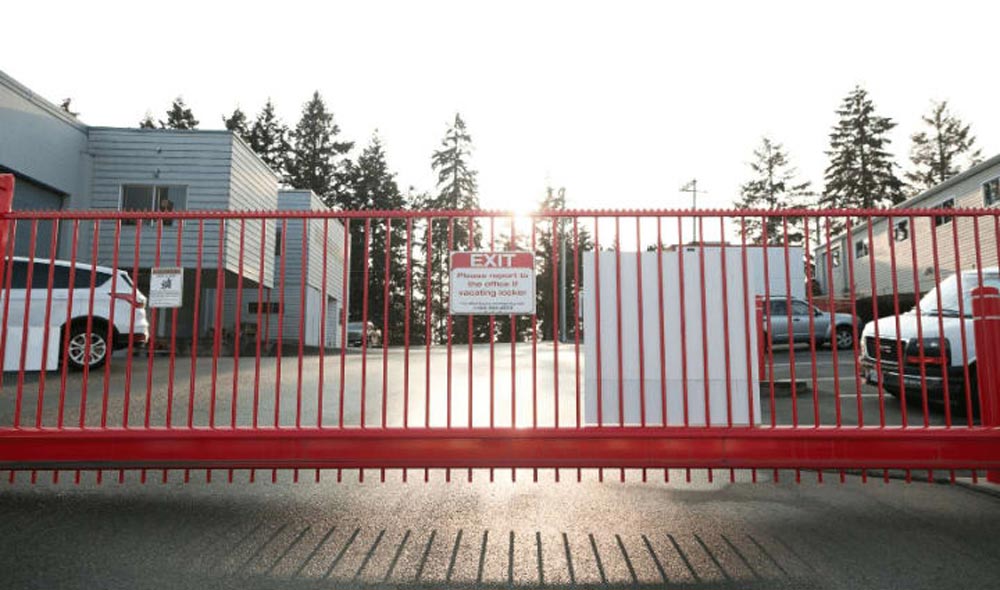Short term storage offers a range of benefits and flexibility for those that need a little space for just a short time. When it comes to storage, we at U-Lock Mini Storage know that everyone’s needs are different, which is why we don’t require our tenants to commit to long-term lease agreements or lengthy notice periods. At U-Lock, we offer short term storage units on a flexible month-to-month lease and a short notice period of only 2-days. This allows our tenants to enjoy the hassle-free benefits of short-term storage with the convenience of extending month-to-month if needed. In this post, we look at a few of the reasons why you may use short-term storage and how you can use it to your advantage.
How long is short-term storage?
In general, short-term storage is a rental period up to 3-months. At U-Lock, we offer an open-ended, month-to-month lease agreement, which means that there are no long-term commitments required to use our self-storage facilities across Vancouver Island or the Lower Mainland. On our month-to-month lease, you can use our self-storage units for as little one-month-minimum or for as long as you like. With a flexible 2-days notice, you don’t have to worry about planning far ahead and can take each week as it comes knowing that your items are safe and protected in storage.
Reasons for short-term storage
Office Uncertainty
In the midst of COVID-19, many businesses have moved out of the office to remote working. With the future uncertain, businesses are debating whether to keep their current office space, downsize to a smaller space, or opt for remote work long-term. During this time, a storage unit can provide a temporary storage solution for storing things like desks, chairs, office equipment, furniture, and inventory while you consider what kind of dedicated space your business needs.
Storing Vehicles & Equipment During the Off-Season
Many individuals and businesses use our storage units to store seasonal equipment and vehicles short-term during the winter months. A storage unit provides a clean, dry, and safe environment for their personal and classic cars, motorcycles, ATVs, dirt bikes, commercial vehicle fleets, and industrial equipment during the offseason. Because most people and businesses don’t have the garage, warehouse, or outdoor space to store their vehicles and equipment throughout the year, a storage unit provides an affordable, flexible storage solution that helps them free up much-needed space while giving them peace of mind that their toys and equipment are safe and protected.
Stress-Free Home Renovations
Home renovations are exciting but can also be overwhelming. Whether you’re hiring a contractor or doing your home renovations yourself, there is a lot of dust, paint, and messes. While you can use plastic sheeting, blankets, or covers to try and protect your furniture from dust and debris, it always somewhere finds its way in. A storage unit is a great place to keep your furniture clean and protected during home renovations. If you’re renovating the kitchen and bathrooms, rent a 5×10 or 10×10 storage unit to keep your dining table, chairs, and appliances safe and out of the way. If you’re renovating or painting the entire house, opt for a 10×15 or 10×20 and keep all your home furnishings safe and secure while the renovation chaos ensues.
Stashing Away Holiday Presents
Do you have curious children or impatient family members that can’t help exploring every nook and cranny in your home to locate the holiday presents you have stashed away for them? Instead of trying to hide gifts in your garage, attic, or closets where they may be prone to damage or prying eyes, rent a temporary 5×5 or 5×10 storage unit until the big day is here. At our U-Lock storage facilities, we offer storage units that are individually alarmed and heated, making them the perfect hiding spot to stash away gifts like new bicycles, electronics, sports equipment, instruments, and more.
Storing Camping Equipment
Camping requires a lot of gear and space to store it. During the offseason, outdoor enthusiasts need to find space to store things like tents, sleeping bags, camping beds, coolers, camping stoves, folding tables and chairs, and so much more. All these items take up a huge amount of space, and not everyone has a spare room, garage, or shed to keep their camping and outdoor gear secure, dry and out of the way throughout the winter months. While you wait for the warmer months to come back, a short-term storage unit can serve as a dedicated space for your camping gear that is easily accessible. That way, when the camping season rolls back around, you’ll be more than ready to break out your camping gear and hit the great outdoors!
Short-Term Storage Solutions with U-Lock
Do you need a short-term storage unit but not sure where to start? Give us a call at 1.866.647.8673 or contact us online and our storage specialists would be happy to help! Simply let us know what size storage unit you’re looking for and how long you’d like to store, and we’d be love to help you set-up a reservation.
Need to reserve a storage unit? Find a U-Lock self storage facility near you:
Self storage Burnaby or Vancouver










